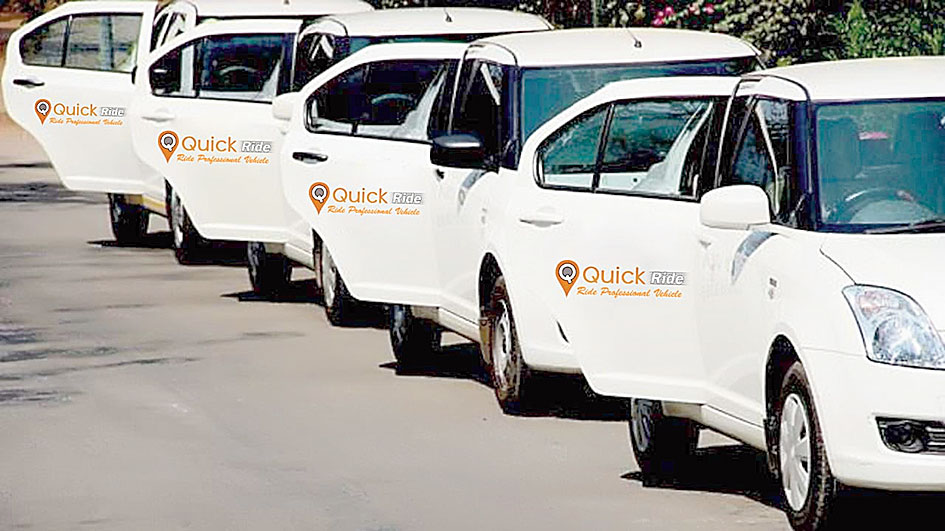Quick Ride, a Bangalore-based start-up that offers car pooling services to commuters through its app across several cities in India, including Calcutta, has registered 22 lakh new users in 2019.
The start-up entered the market in 2015 and has grown three-fold this year with an overall registered user base of 3.2 million users.
The Quick Ride app enables corporate employees to pool a ride. Anyone with a corporate email ID can download the app and search for either ride givers or ride takers to their destination. The The app offers “cashless car pooling services to corporate employees”.
It connects people travelling in similar directions at similar times to come together and pool a ride, thereby “reducing congestion on roads and limiting carbon emissions”. It offers both car and bike pools.
Besides a higher user base, Quick Ride has witnessed a four-fold growth in the number of car pools in 2019 compared with 2018.
Quick Ride users have shared 2,75,000,00 rides and have prevented the release of 53,000 tonnes of carbon emissions in 2019 just by sharing vehicles. The company has seen a steep rise in women users with around 6,30,000 women registering themselves in the past year.
Car pooling has gained momentum in the bigger cities that are facing both traffic congestion and vehicular pollution. However, car pooling today stands out primarily because it is both affordable and environmentally sustainable.
Users of the application can assess and analyse their contribution to reducing their carbon footprint on the application.
Quick Ride also has a steady base of regular users with over 1,00,000 users across 6,000 companies completing 100 rides.
K.N.M, Rao, co-founder and CEO of Quick Ride, said, “We are happy that commuters across various cities are now car pooling to work daily. People have recognised the need to reduce the growing traffic congestion and air pollution in the country.”
“Technology has helped make this experience smooth and hassle-free which has contributed majorly to its popularity. Our goal is to reduce one million cars from the roads everyday and prevent at least 3,000 tonnes of carbon emission every day by the end of 2020,” he said.











